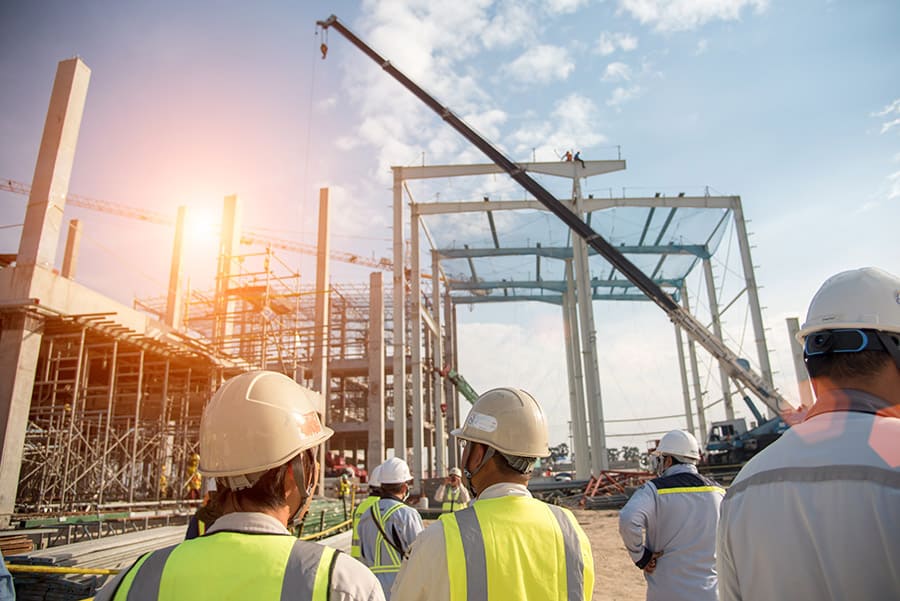
End-of-Year Planned Maintenance Shutdown? Commissioning/Re-Qualification of Equipment is Crucial Before Restarting Operations
Although planned shutdowns are extremely expensive and render a plant nonoperational for an extended period of time, they are necessary for a number of reasons:
- They provide the opportunity for various maintenance issues to be resolved that cannot be addressed while the plant is operational.
- They enable internal inspections of equipment to be conducted that would otherwise be impossible while the equipment was running.
- It allows ample time for major system overhauls such as new equipment installations to take place.
- Shutdowns are often mandated by various regulatory organizations with the goal of preventing accidents and improving overall plant safety.
- The warranty requirements of some pieces of expensive equipment require plants to have periodic shutdowns.
With strategic planning, thorough preparation, and a team of qualified personnel involved, a shutdown can not only improve plant safety and increase efficiency, but it can also have a significantly positive impact on the company’s bottom line and future success.
However, as tempting as it may be to restart production as soon as possible once all repairs and installations are complete, doing so without first commissioning the equipment could end up costing a company significantly more money down the road in the form of unplanned downtime.
Doesn’t that defeat the whole point of a planned shutdown in the first place?
Commissioning and Requalification
What is commissioning?
Commissioning is a quality-oriented process for verifying and documenting that a newly installed machine asset will perform as intended and will meet defined criteria and objectives.
Omitting the Commissioning Process is Like Installing Your Next Failure
What is requalification?
Requalification is also a quality-oriented process that is typically applied towards existing plant assets that have undergone a major repair/overhaul. By verifying and documenting that an asset will perform as intended, plant operations can have increased confidence in being able to meet their production objectives.
Skipping either of these important processes could have devastating consequences, but unfortunately, many plants simply lack the expertise to do it.
Why are they important?
While commissioning/requalification can serve many purposes, among the most valued are:
- Increases a machine’s reliability by putting it in the best possible position to function as it is designed to do
- Significantly reduces the risk of unplanned downtime and outages
- Improves plant safety while the machine is in operation
- Provides a new baseline for various operational and maintenance conditions, which is always good to get after major repairs
- Failure to pass commissioning or requalification testing can be grounds to withhold payment until the job is completed satisfactorily
Commissioning/requalifying rotating equipment
When it comes to rotating equipment, two key elements too often don’t receive the necessary attention required to adequately pre-empt serious future problems: field balancing and alignment.
Field Balancing
After just a short period of time in operation, vibration due to unbalance can lead to devastating and costly damage including bearing and seal destruction, cracks in components, foundation deterioration, and mounting system problems. That’s why on-site field balancing is highly recommended during commissioning/requalification and startup.
Alignment
Many maintenance personnel correct alignment via trial and error method. Aligning a machine in this way can sometimes take days. However, understanding how to calculate corrections or using a laser alignment system can cut this time down to a couple of hours or less.
IVC can help you make the most of your planned shutdown
IVC has over 35 years of experience in helping our customers successfully manage their machine assets. We are a comprehensive condition based maintenance service provider meaning, we not only provide the standard condition monitoring services (vibration analysis, IR, ultrasonics) but also field balancing, alignment, and advanced testing services (Motion Amplification, torque testing, modal analysis, ODS analysis, and remote monitoring.
If you have a year-end planned shutdown coming up, we can help! Contact us today.
